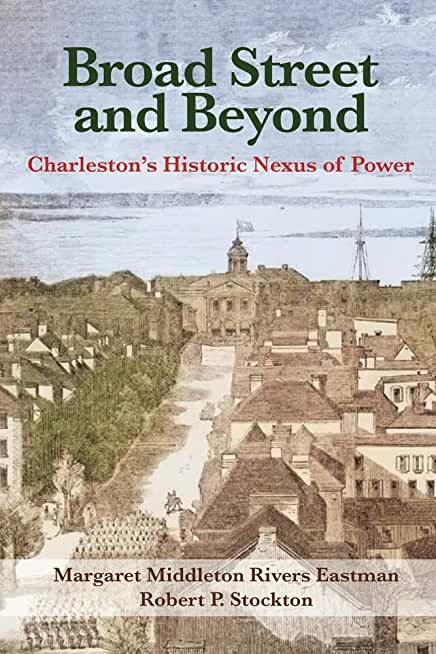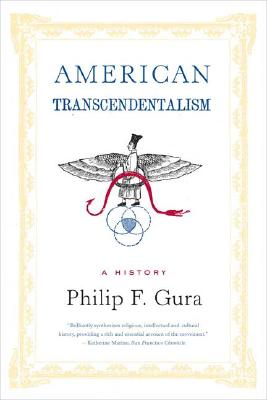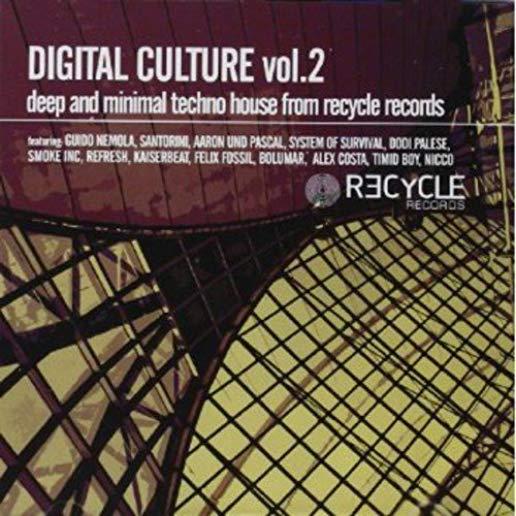
This book celebrates Charleston's distinctive history, culture, and charm. It is a collection of true stories centered on, though not confined to, Broad Street, unquestionably Charleston's most historic thoroughfare.Broad Street was intended to be the site of handsome public buildings, mercantile operations, and prestigious residences, and it has fulfilled that destiny. The street has been used for parades, public gatherings, and state funerals. It has been the scene of riots, duels, and various crimes. A custom house, banks, bars, lawyers, real estate companies, art shops, restaurants, churches, hotels, and other businesses have thrived there. Broad Street has served as the heartbeat of historic Charleston since the city's start on the peninsula in the 1670s.
In 2012, the American Planning Association selected Broad Street as one of the 10 Great Streets in America because of its rich colonial history, stunning 18th [and 19th] century architecture, and pedestrian orientation. The factual stories in this book support its conclusions.The original plan for the city is known as The Grand Modell of Charles Town. It laid out the streets of the peninsula with Broad Street as the major east-west connector. More than thirty original settlers received grants for town lots along the avenue. They were a motley crowd, as might be expected. The focal point of the Grand Modell was an intersection, now Broad and Meeting streets, where a public square was drawn. The Charles Town plan was unique in that this was not to be an open square in the traditional sense. Important public structures were built on each point of the square, and today it is called the Four Corners of Law.






